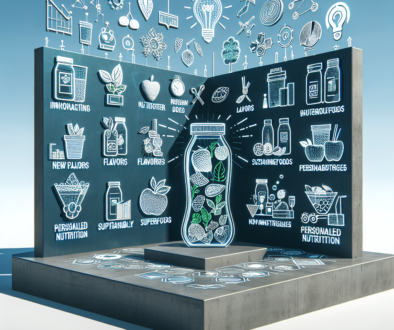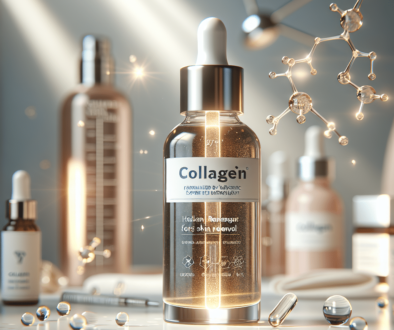Research On 3-D Printed Collagen-Heparin Sulfate Bionic Spinal Cord Scaffold
Keywords
Bionic Spinal Cord Scaffold, 3-D Printing, Neural Stem Cells, Biocompatibility
Abstract
Objective To use 3-D bioprinter to prepare collagen-heparin sulfate bionic spinal cord scaffold to provide cell carrier for tissue engineering treatment of spinal cord injury. Methods Heparin sulfate-collagen hydrogel was prepared, and a 3-D printed bionic spinal cord scaffold was used. Its structure was observed with a scanning electron microscope, the porosity was calculated by the drainage method, and the pH value and quality changes of the scaffold were measured by an in vitro degradation experiment. Neural stem cells (NSCs) were isolated and cultured from the fetal cerebral cortex of SD rats on the 14th day of pregnancy. The experiment was divided into two groups. Group A used bionic spinal cord scaffolds to co-culture with NSCs in vitro, and group B directly inoculated the cell suspension. on 24-well culture plates precoated with L-polylysine. Light microscopy and scanning electron microscopy were used to observe cell adhesion and morphological changes, MTT was used to detect cell viability, and immunofluorescence staining was used to identify the differentiation of NSCs. Results The 3-D printer successfully prepared a collagen-heparin sulfate bionic spinal cord scaffold. Scanning electron microscopy showed that the interior had a longitudinally arranged and parallel microporous structure with a porosity of 90.25% ¡À 2.15%. In the in vitro degradation experiment, the pH value of the scaffold did not change. Significant changes occurred, and the scaffold was completely degraded around 8 weeks, meeting the requirements of tissue engineering scaffolds. MTT assay showed that there was no statistically significant difference in the absorbance (A) values between the two groups at 1, 3, and 7 days of culture (P>0.05); light microscopy observation showed that a large number of neurospheres were differentiated in both groups, and nerve fibers were interwoven into a network; cultured 7 d Scanning electron microscopy observation of group A showed that cells adhered to the scaffold, a large number of cells extended axons, and neurospheres were formed. Immunofluorescence staining showed that both groups could differentiate into neurons and glial cells. Quantitative analysis showed that A. The differentiation rates of group B were 29.60%¡À2.68% and 10.90%¡À2.13% respectively, and the difference was statistically significant (t=17.30, P=0.01). Conclusion The 3-D printed collagen-heparin sulfate bionic spinal cord scaffold has good biocompatibility, can promote the proliferation and differentiation of NSCs, and has good research and application prospects as a neural tissue engineering scaffold.
For further information of this article and research, feel free to contact our team for asssitance.
Original research was done by Zhang Sai, Li Xiaohong, Liang Haiqian, Tu Yue, Wang Jingjing, Zhao Mingliang, Chen Chong
About ETChem
ETChem, a reputable Chinese Collagen factory manufacturer and supplier, is renowned for producing, stocking, exporting, and delivering the highest quality collagens. They include marine collagen, fish collagen, bovine collagen, chicken collagen, type I collagen, type II collagen and type III collagen etc. Their offerings, characterized by a neutral taste, and instant solubility attributes, cater to a diverse range of industries. They serve nutraceutical, pharmaceutical, cosmeceutical, veterinary, as well as food and beverage finished product distributors, traders, and manufacturers across Europe, USA, Canada, Australia, Thailand, Japan, Korea, Brazil, and Chile, among others.
ETChem specialization includes exporting and delivering tailor-made collagen powder and finished collagen nutritional supplements. Their extensive product range covers sectors like Food and Beverage, Sports Nutrition, Weight Management, Dietary Supplements, Health and Wellness Products, ensuring comprehensive solutions to meet all your protein needs.
As a trusted company by leading global food and beverage brands and Fortune 500 companies, ETChem reinforces China’s reputation in the global arena. For more information or to sample their products, please contact them and email karen(at)et-chem.com today.



